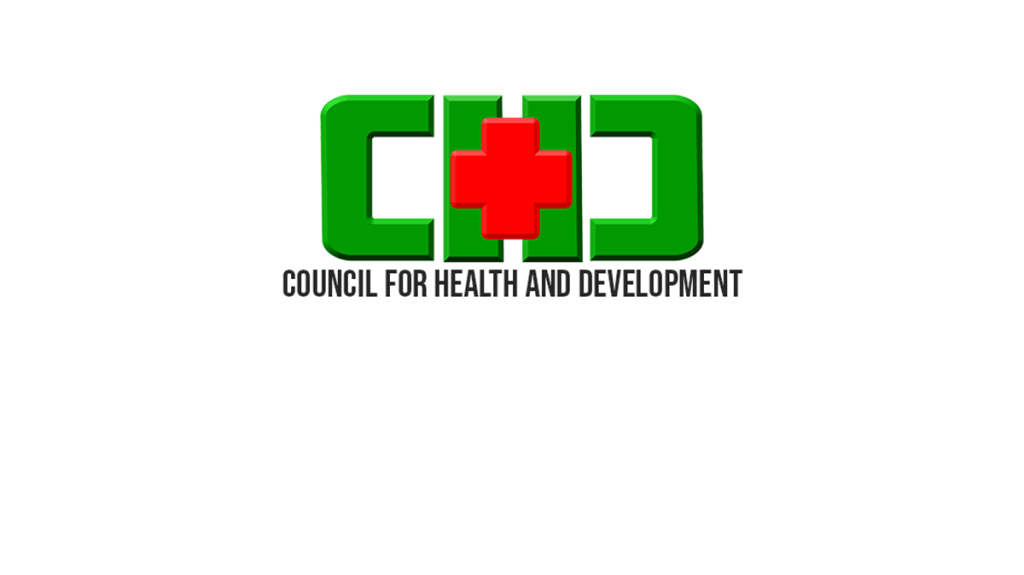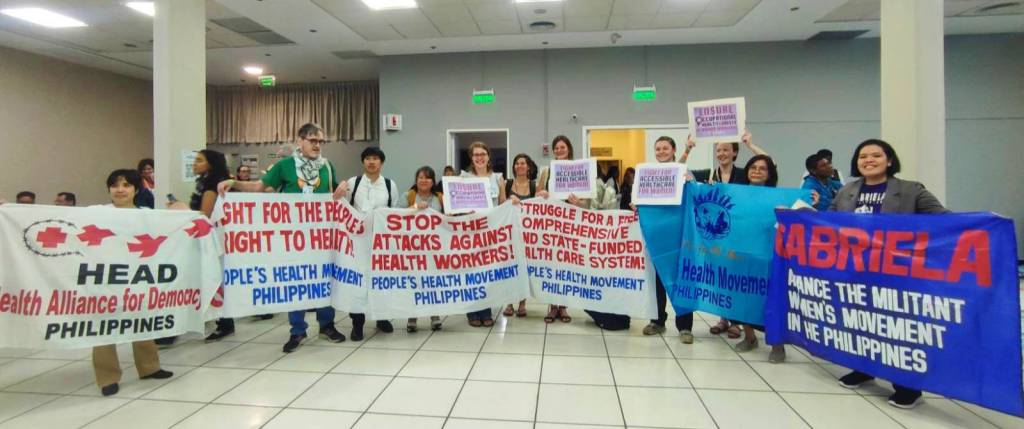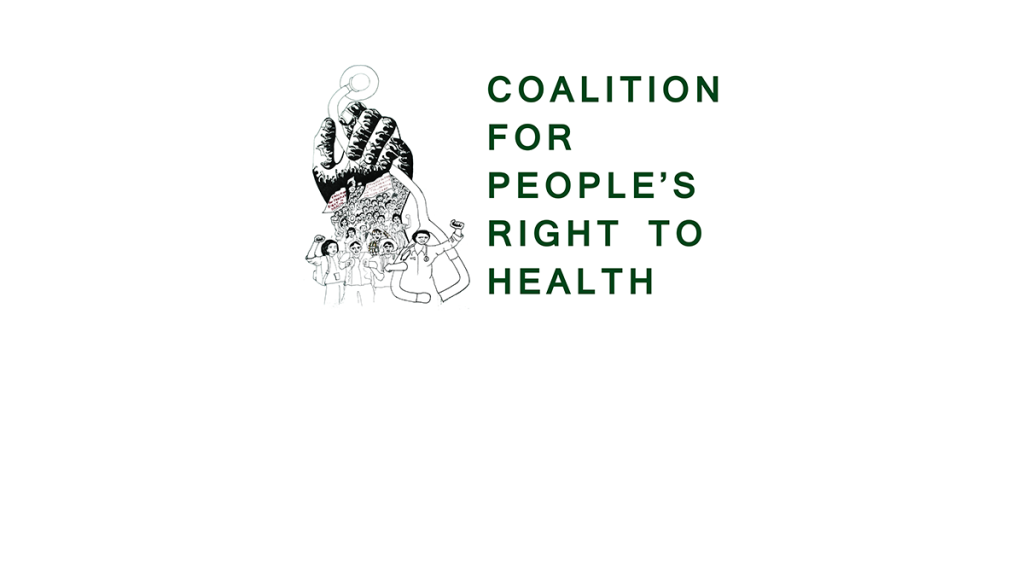With the Department of Health’s (DOH) wastage of P7.431 billion worth of medicines, drugs, and other inventory as flagged by the Commission on Audit recently, the Council for Health and Development and the Coalition for People’s Right to Health today expressed how inefficiencies in a faulty system aggravate inequality that lead to pain, suffering, or death of Filipinos.
Medicine is one of the biggest components of out-of-pocket expenses that drive Filipinos to poverty. When one gets sick and requires medical products, the rising costs of medicines can easily drive a family into debt or financial crisis. Coupled with unabated inflation or surging prices, the people’s spending capacity decreases by the day.
In 2022, household out-of-pocket payment comprised 44.7 percent or P501.79 billion of the Current Health Expenditure (CHE) or the country’s health care spending — five percent higher than the P478.04 billion in 2021. While voluntary health care payment schemes made up 10 percent .
As the burden of healthcare spending becomes heavier for households, the government was reported to have reduced its contribution to total CHE at 44.8 percent share or P502.95 billion in 2022 – down by 9.4 percent from P554.95 billion in 2021.
For 2024, if the Marcos Jr. administration’s proposed cutbacks on health budget pushes through, the public health system, including medicines and other pharmaceutical supplies, could suffer a serious hemmorhage.
Under the 2024 National Expenditure Program (NEP) for example, the Pharmaceutical Management’s budget of P119,395,000 will suffer a decrease of 13.46 percent or P18.58 million compared to last year’s P137,981,000.
On a wider perspective, the Philippines ranks 2nd among countries in Southeast Asia where drug prices are appallingly high. Price is a main barrier to accessibility of medicines. Expensive medicines directly result in inequality in access to healthcare and lead to pain, suffering, or death.
For years, DOH has been flagged by state auditors for expired, expiring, and damaged medicines and other inventories. In 2020, COA noted expired, nearly expired, slow-moving, and overstocked drugs and medicines worth P95,151,889.46. In 2021, over ₱85.213 million worth of medicines and other supplies that have expired or nearly expiring, and damaged due to poor distribution and planning were flagged. In 2022, P7.43 billion was flagged for the same reasons.
Perennial problems, unaddressed in the current and previous administrations, plague the health department in terms of logistics, distribution, unified planning and communication within and among the health department and its agencies. The lack of health workers who are responsible for dispensing or distributing medicines is also a critical factor.
Moreover, the amount of DOH’s reported spoilages could still be higher if the local government’s own expenses to transport and dispose of expired items will be included.
At the end of the day, these are taxpayers’ money being wasted. Money that could have been used to address inequalities in health and alleviate the suffering of Filipinos.
Hence, the Council for Health and Development and the Coalition for People’s Right to Health call for an immediate and independent probe on this COA report to identify and prosecute officials who are accountable for this crime and to root out systemic problems in DOH that allow or condone these inefficiencies and excesses. We also implore the Congress and Senate to: protect the people’s interest and reject health budget cuts, realign confidential and intelligence funds to health and other social services, and increase the health budget towards 10 percent of the gross domestic product for a free, comprehensive, and renationalized public health system.#



